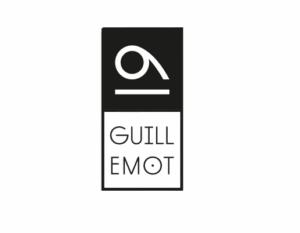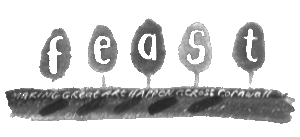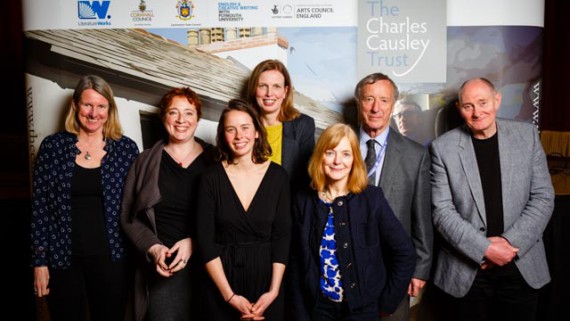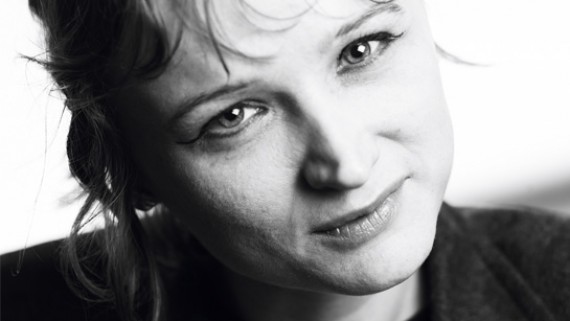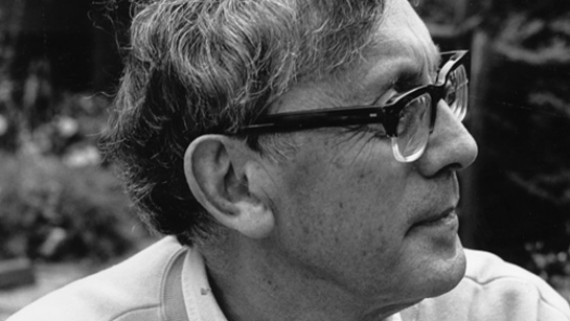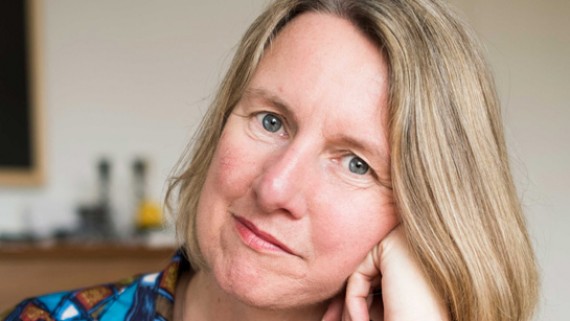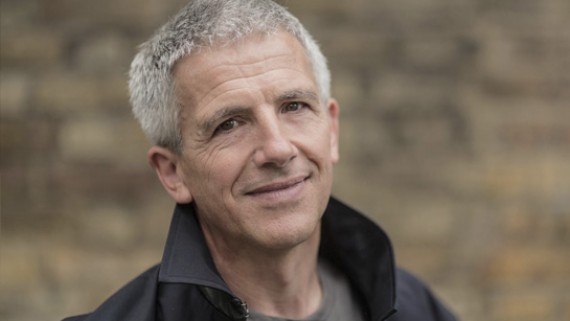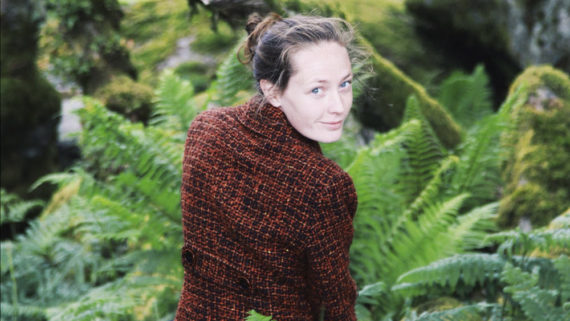It is with great privilege that we are in the position to reveal the winners of the 2021 Charles Causley International Poetry Competition. Thank you for your patience. This year we received a vast number of entries, and the competition was incredibly close. We wanted to thank each person who entered this year, in addition to our hard-working judges.
But first, here’s what our Head Judge Vahni Anthony Capildeo thought of this year entries:
Reading this work has been a heart-piercing experience. These poems are marked by relationality. Their speakers are never grandly alone. They are brought up short against grief, or spinning a surreal sense out of modern precarity, or condensing language into a sonnet, or refracting experience into a sequence. This is poetry that is both thought and felt, revelling in sound and imagination, as lavishly as an animal in its lair, or as wonderingly as a pedestrian on a newly-strange street. I enjoyed the deft allusions to myth, folklore, and transformation which some poems made. I was enthralled by the sense of legacy and genealogy, connexion to both familial ancestors and to other poets, which some authors demonstrated. The old, young, dead, gone, godly, ghostly, beloved, and feared, all animate these lines.
And our first place winner is … Matthew Canavan with the poem ‘Apropos of Nothing.’
Our heartfelt congratulations to Matthew for his winning entry. On his work our Head Judge Vahni Anthony Capildeo has said:
‘Apropos of Nothing’ caught my attention because of its minimalism. It is a poem about thresholds. It invites us to enter a curled-up space. It does not want to end, and therefore it holds back from saying too much. It invites us into its strange refuge of a tyre, because it does not want to go into the lit house, which feels like a danger zone. Yet it uses very few words to evoke this hesitation, this halting, this movement of time from daylight outside into twilight, indoors, and danger. Why, I wondered, are there phrases which sound like quotations from other poems — old-fashioned language, expected images? As I re-read and re-read this sparse marvel, I realized the poem was enacting self-soothing. It was using traditional phrases to tell itself all was right with the world; the world curled like a frightened little creature. I love the way the last line brings us up short and makes us re-read the whole poem, seeing it in a renewed perspective of tongue-biting awareness, awareness acquired over time. This poem makes us live so much in and through its spaces.
Our second prize goes to … Molly Twomey with ‘Knives We Used on Our Skin.’ On selecting Molly’s poem Vahni stated:
In ‘Knives We Used on Our Skin’, the violent framing of the title gives way to sensuous tenderness throughout the poem. Every sense is engaged, but particularly taste, touch, and smell. This poem reeks with intimacy; the speaker is neither lonely nor not-lonely, but definitely companioned, not alone. There is a strange pastoral turn to the end, where desire, self-harm, care for others (babysitting), and caring for oneself are mixed up, the way youth can feel mixed up. A lovely vignette that changes a little on every re-reading. I enjoy how this poem transforms gently under our eyes, inviting us to make it one of the poems with which we’ll live.
Third Prize is awarded to … Emily Harrison for her poem ‘Inherit the Wind.’ On choosing her poem, Vahni said:
‘Inherit the Wind’ suggests a transgenerational legacy that is as much bleak and unspoken as it is free and spacious. The domestic items which were picked out with vigilant attention transported me mentally to the interior of a home where housekeeping of objects is married with a skin-crawling vigilance about the human. The fine, cloying, sinister detail of lived life in past generations, blowing across the linebreaks of the present, whispers dustily to us of the legacies of family and love.
In addition to the three winning poems, our Head Judge also selected an honourable mention of highly commendable work. This award goes to Juno Dunn for her poem, ‘Mothering Sunday’. In their selection for the highly commendable poems, Vahni said:
‘Mothering Sunday’ speaks with astonishing joy and deceptive simplicity; a beautifully-crafted poem, and I would gladly read the book.
- Penny Boxall with ‘Mossy Coat’
- Alex Woodcock with ‘Chattermarks’
- Harry Man with ‘Naked as a Pork Loin Steak in a Poppy Field, I Consider a Horse from the Future’
- Louis Hemmings with ‘Faith Fools?’
All of our winning poems will be available to read very shortly on our website. Stay tuned for when they are made live!

